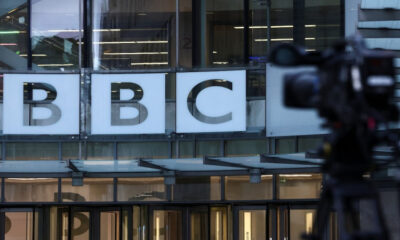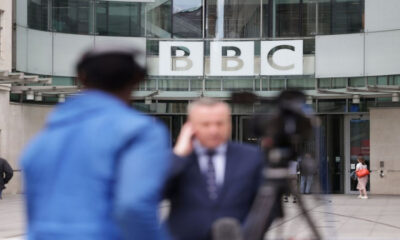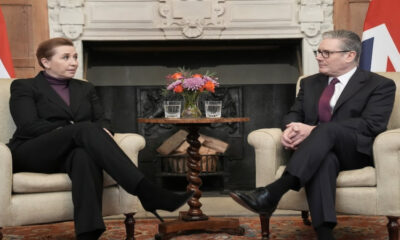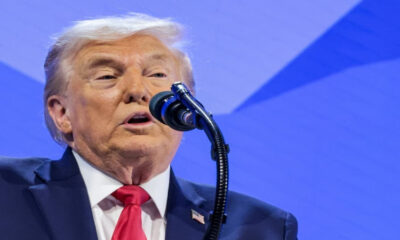News
Trump threatens legal action after BBC admits error in edited Capitol speech
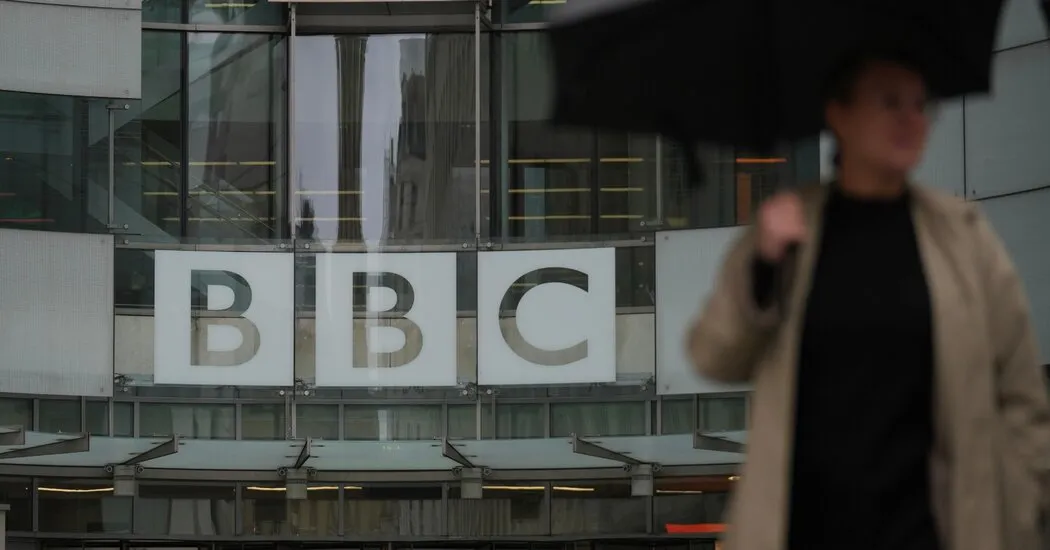
Former U.S. President Donald Trump has threatened to take legal action against the BBC after the British broadcaster admitted to making what it called an “error of judgment” in editing a portion of one of his 2021 speeches, delivered on the same day his supporters stormed the U.S. Capitol. The controversy has reignited debate over media accountability and political bias in the coverage of one of America’s most turbulent moments in recent history.
In a statement released through his campaign office, Trump accused the BBC of deliberately distorting his remarks to fit a “false narrative” about the January 6 riot. “The fake news media continues to lie about what happened that day,” Trump said. “The BBC knowingly edited my words to make me look like I was encouraging violence when I was calling for peace.”
The BBC acknowledged that a segment of the speech was shortened during an archived documentary broadcast, omitting a key line in which Trump urged supporters to “peacefully and patriotically make their voices heard.” The edited version, aired as part of a retrospective on the Capitol attack, gave the impression that Trump’s comments were more confrontational than they were in full context.
In a public apology, the broadcaster described the decision as a lapse in editorial judgment and said steps were being taken to review internal procedures. “We regret the editing oversight and any misrepresentation it may have caused,” a BBC spokesperson said. “There was no intent to mislead the public.”
Trump’s legal team, however, has dismissed the explanation, arguing that the omission was part of a “pattern of defamatory reporting” by international media outlets. Attorneys close to the former president said they are exploring possible defamation claims and damages, citing reputational harm and deliberate misinformation.
The incident has sparked political and media commentary on both sides of the Atlantic. Supporters of Trump have pointed to it as evidence of institutional bias in global news organizations, while media watchdogs have called for greater transparency in how archival footage is used and edited. Critics of the former president, meanwhile, argue that the legal threats are another attempt to intimidate journalists and shape historical narratives.
The speech in question remains one of the most scrutinized in modern American history. Delivered just before the Capitol riot, it has been dissected repeatedly in congressional hearings, court cases, and news reports. While Trump insists his words were meant to encourage peaceful protest, opponents argue that his rhetoric contributed to an atmosphere of aggression that led to violence.
For now, the BBC’s admission and Trump’s threat of a lawsuit add another chapter to the ongoing battle over truth, accountability, and political memory surrounding the events of January 6.

